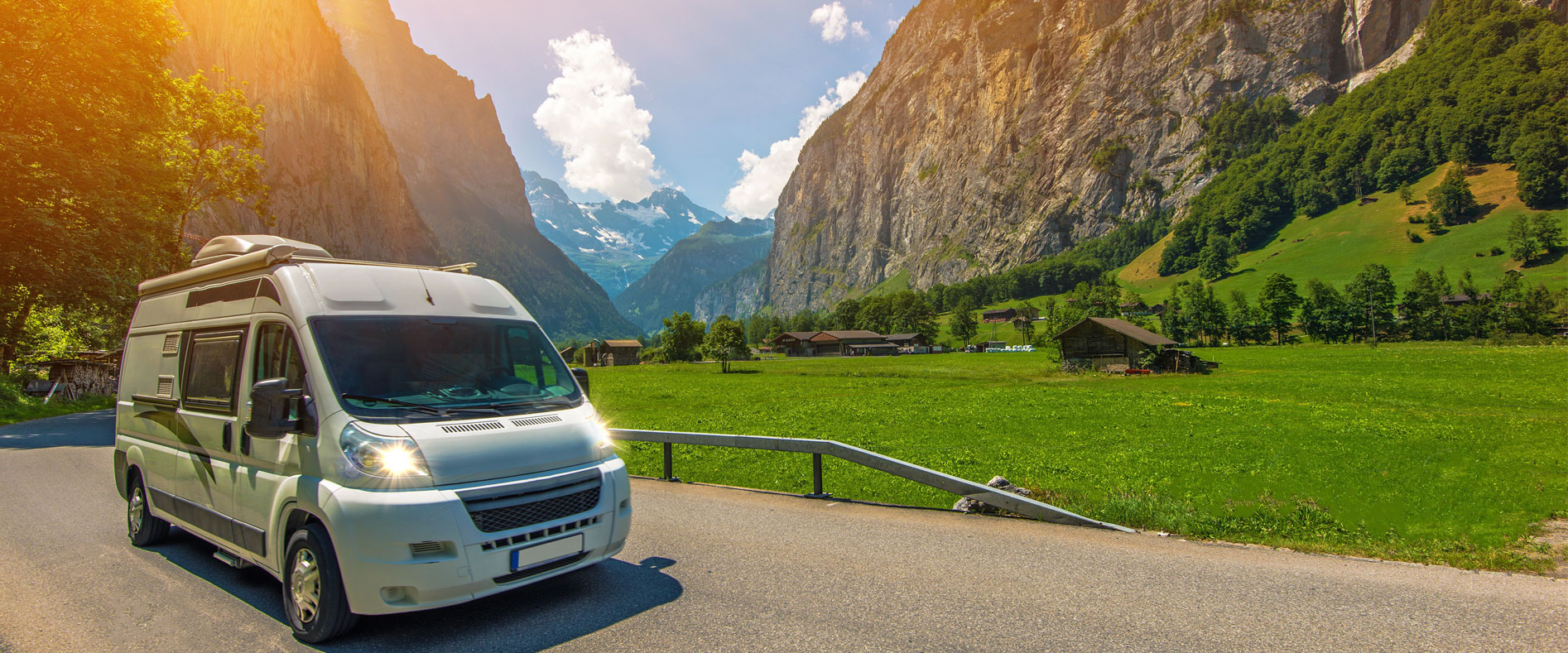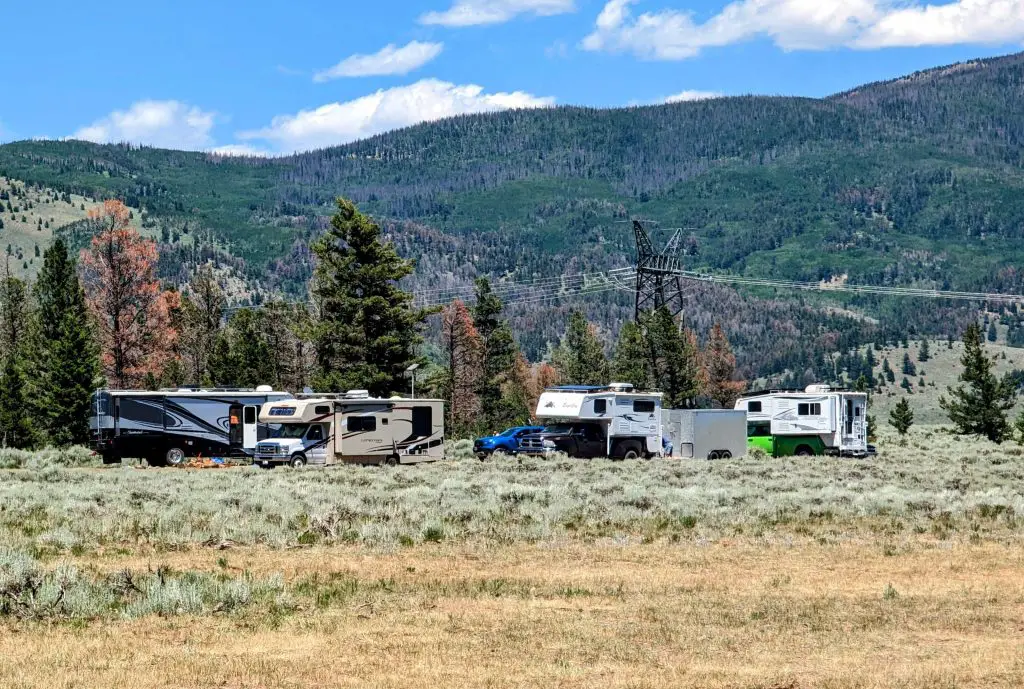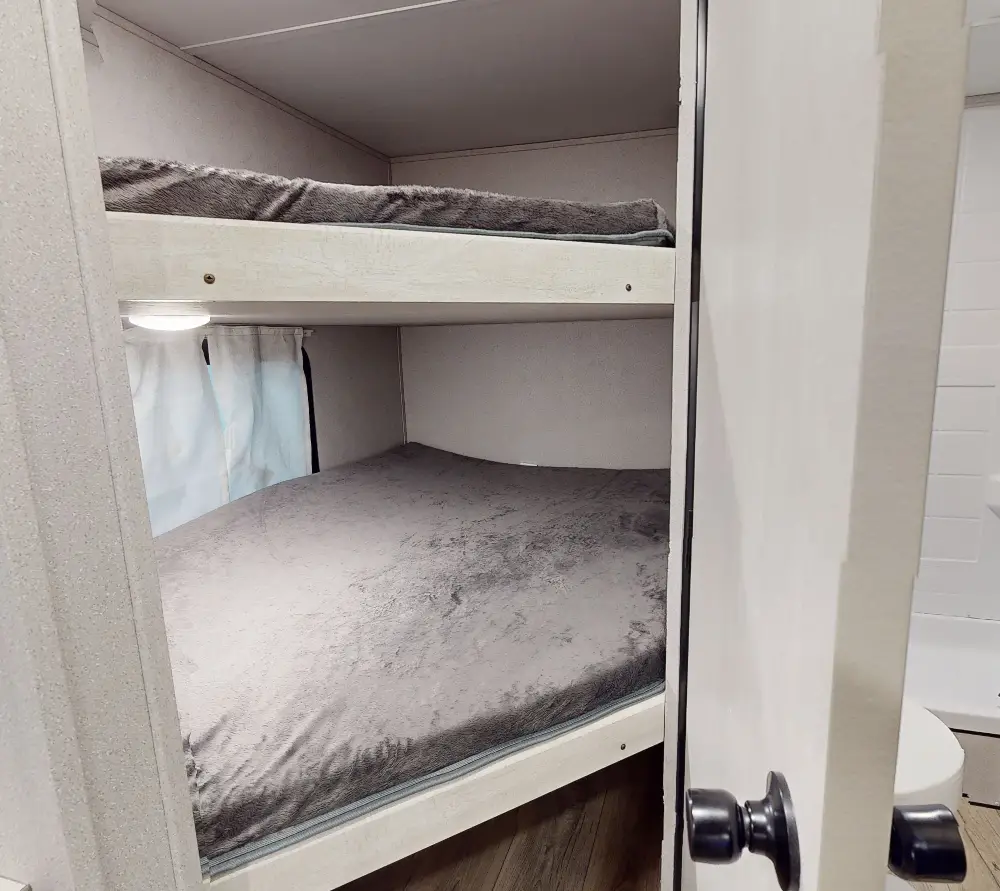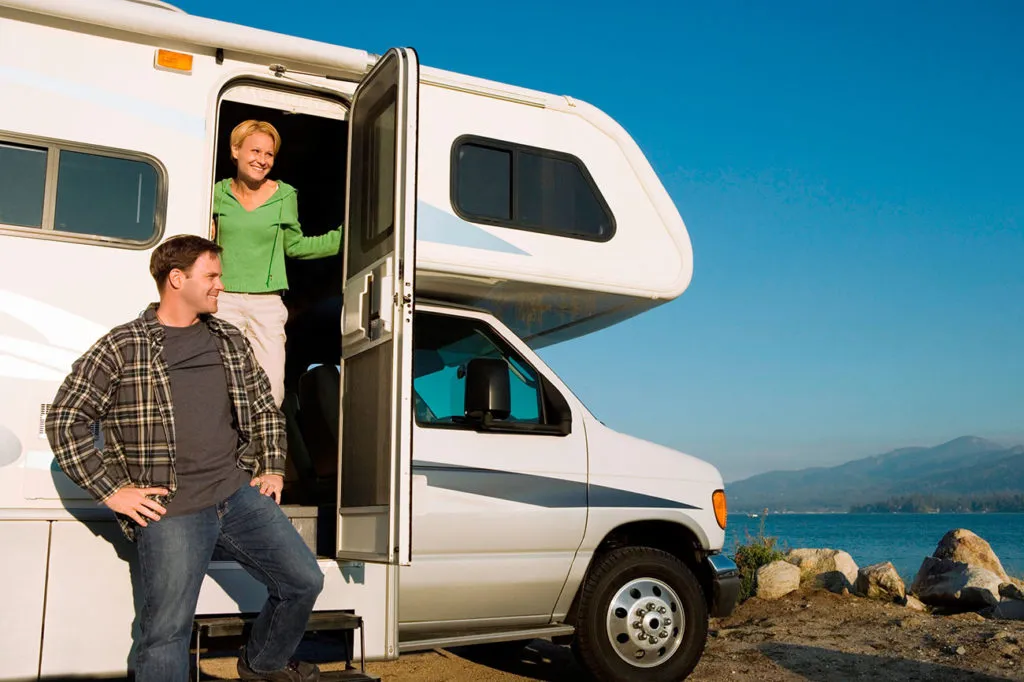Last Updated on July 5, 2023
Before deciding to live full-time in an RV, you’ll want to know how it compares to living in and owning your own home. From living costs to lifestyle changes, here’s a quick look at how full-time RV living compares to full-time traditional house living.
Examining the Financial Costs
It’s important to understand that comparing the cost of living between the two isn’t always easy and you shouldn’t assume that living the RV life will be less expensive, though this is usually the case. For example:
If you own your home, you will be stuck with a monthly mortgage payment (unless you’ve already paid it off).
If you purchase an RV and decide to make monthly payments, the average monthly payment is $615.77 for a 10-year fixed-rate $60,000 loan with a 4.29% APR. This amount varies greatly depending on the purchase price and interest, so it could be significantly higher or lower for you. How does this compare to your monthly mortgage payment? Also, keep in mind the value of your RV is almost certain to depreciate at a faster rate than your home value.
While you’ll be responsible for property taxes if you live in your own home or have your RV parked on your land, you’ll have to pay for campsite rentals in an RV, which typically runs from $20 to $90 per night, depending on what part of the country you are in, though you may be able to find less expensive sites or pay less when you stay somewhere on a month to month bases. To find how much it costs per night to live in a home, divide your yearly taxes by 365.
Homeowners will be responsible for potentially expensive yard and house maintenance costs, including trash pickup and snow removal, while RV owners will be responsible for gas/ diesel/ propane and RV maintenance.
Homeowners may also be responsible for HOA fees. This is something RV owners won’t have to worry about.
Homeowners will have a variety of utility expenses, including water, sewer, electric, and gas. RV owners may be able to find campsites that include utilities, such as electric, sewer, and water, as well as possible amenities, including cable TV or a pool, in their nightly fee. If your RV uses propane heating and hot water, you’ll need to factor in the cost of propane.
Depending on which cable and internet provider you choose, your monthly costs in a traditional home can get into the $100s, while many campsites provide either free cable and/ or WiFi or offer it with a small additional fee.
Finally, look at the cost of your monthly insurance premiums between the two. Be sure to consider what each policy covers.
[amazon table=”11062″]
A Look at Lifestyle
Space
One of the biggest comparisons between RV and home living is space. RVs typically have much less space for everything, including storage. Will you and your family (and pets) be able to handle living in such close quarters? Also, think about whether or not an RV will provide enough room to store all your things. You have the option of renting a storage unit and putting out-of-season items away, but you’ll also have to factor in the monthly storage cost.
Versatility and Spontaneity
Homeowners are essentially stuck in one place until they find a new home, while RV owners can go almost anywhere anytime they choose to, allowing them to be completely spontaneous. By simply unhooking and driving off, they can take vacations and travel the country easily. Homeowners have to pack, hire someone to take care of their home and pets while gone, and make sure everything is secure before going out of town still paying for all expenses plus the vacation expenses.
Safety
Homeowners usually know their neighborhood and what to look out for. However, safety can be an issue when living in an RV full time unless you know where to stay when traveling and what safety features to look for in a campground, such as one that is well lit, has a security gate, and offers nightly patrols. For full-time living, you may want to take safety a step further and invest in motion lights, an RV alarm system, and/ or RV property theft insurance.










